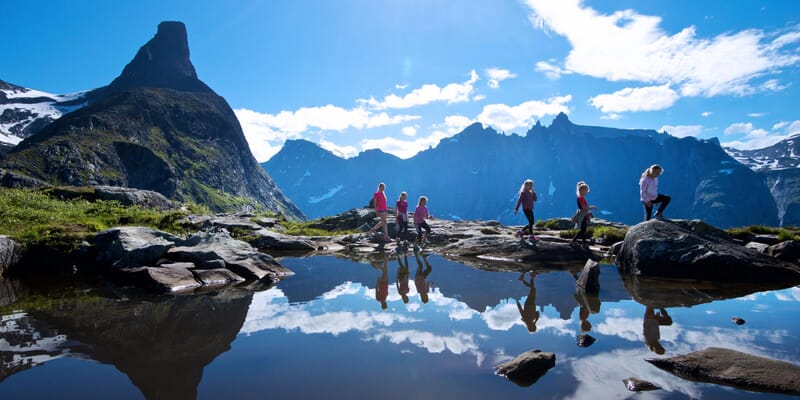
Help to slow down our planet by supporting these brands
The concept of slow can relate to any business or aspect of life. Below are a few examples of where businesses have applied the principles of slowness by creating products or services which embrace sustainability and take a long term approach.
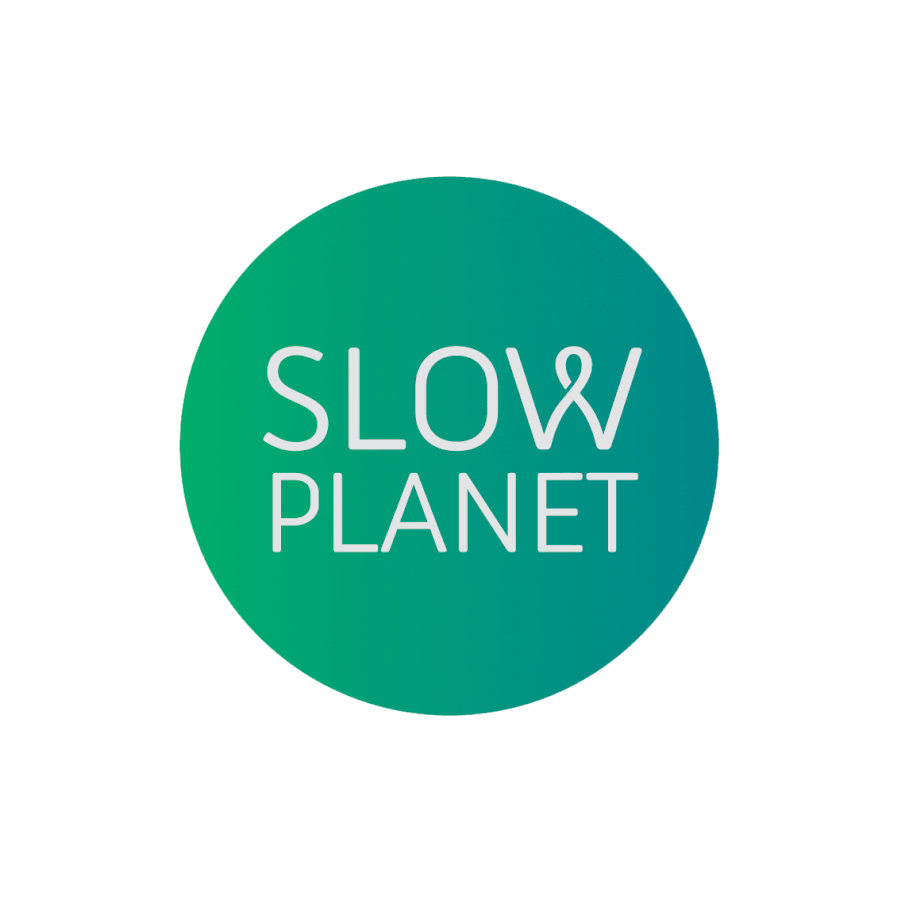
Slow Planet
Slow Planet is the commercial manifestation of the concept of slowness. This is where slowness moves from theory to reality and real life physical products and services which prove how adopting slow can produce a more sustainable world.

Slow Beer from Red Rock Brewery
Nestling in the hills, we draw our inspiration for the Slow Range from the warm acres of wheat, the resident bees producing local Devon honey, the pearly white blooms of elderflowers in spring and the wild blackberries peppering the hedgerows in the autumn. The Slow Range is our homage to the slowness and beauty of nature and a delicious addition to the brewing process. To find out more visit: www.redrockbrewery.co.uk/beer/slow/
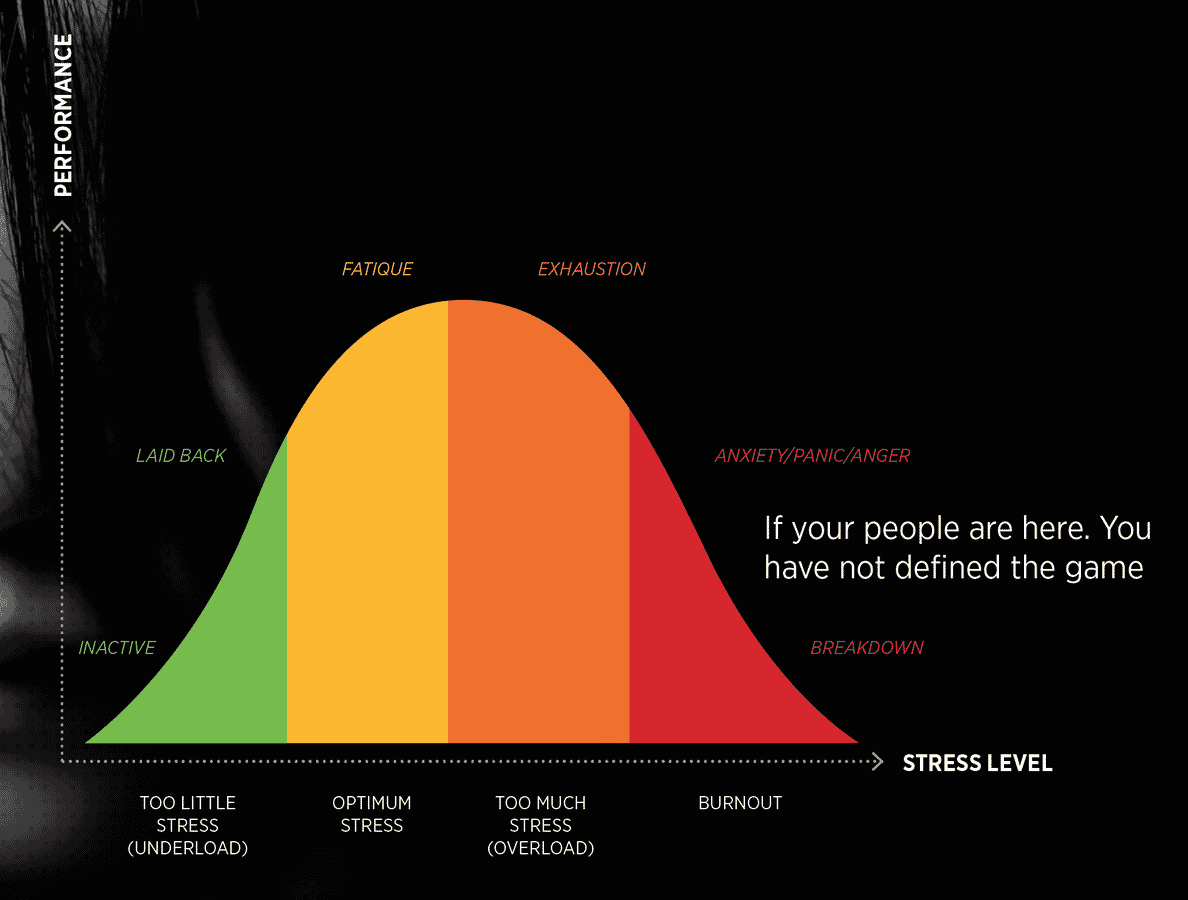
The Fastest way to increase productivity is to Slow Down!
Over and over again we are asked: Why Slow? We would rather ask: Why Fast? Countless studies have proven that working fast leads to a less productive workforce and a stressful culture. The way we see it, the game changers are fostered in the slow lane; creative thinkers, visionaries, thought leaders, all share a slower more sustainable approach to business. Working through our proven methodology, we can help your leadership teams in transforming your organisation’s culture, vision and productivity.
If you would like to find out how we can help your business then please get in touch.
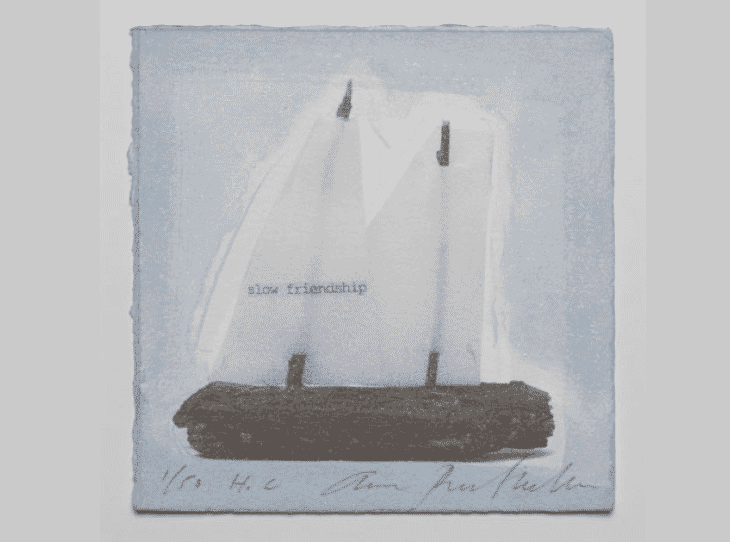
Surely art is already slow right? Correct! But what our slow art movement is about is slowing people down through art. The act of making art or going to a gallery is intrinsically relaxing and slows your busy mind down. We run various art workshops with renown Swedish artist, Anna Berthelsen. If you would like to find out more then please get in touch.

Slow travel is not so much a particular mode of transportation as it is a mindset. Rather than attempting to squeeze as many sights or cities as possible into each trip, the slow traveller takes the time to explore each destination thoroughly and to experience the local culture. It’s more important to get to know one small area well, than it is to see only a little bit of many different areas. (Sarah Schlicter from Smart Travel).
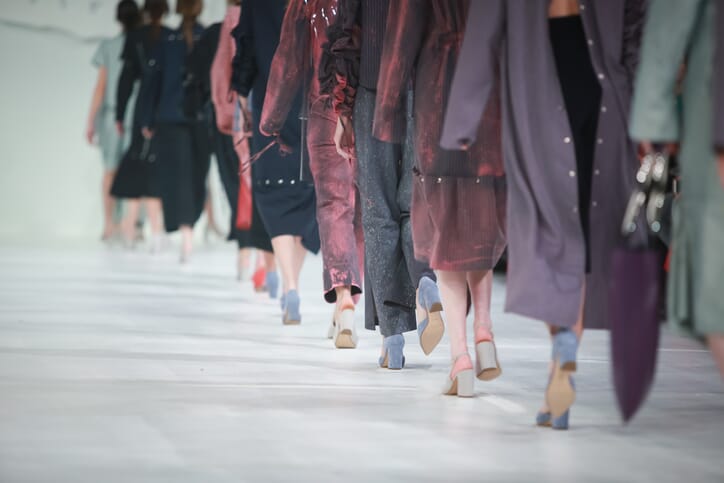
Unlike mass produced, poorly made clothes, slow fashion production ensures quality manufacturing to lengthen the life of the garment. Developing a garment with a cultural and emotional connection is also pertinent to the purpose behind slow fashion: consumers will keep an article of clothing longer than one season if they feel emotionally or culturally connected to the article of clothing.
The slow fashion movement has been studied by Kate Fletcher, a researcher, author, consultant, and design activist, and the author of Sustainable Fashion and Textiles. Her writings integrated design thinking with fashion and textiles as a necessary way to move towards a more sustainable fashion industry. To find out more visit: http://katefletcher.com/
The World Institute of Slowness has many more trademarks and ideas for new Slow brands. If you have an idea for a slow brand then we’d love to hear from you.





